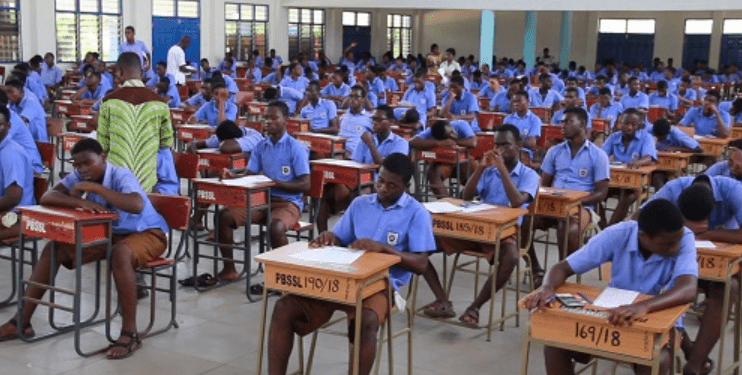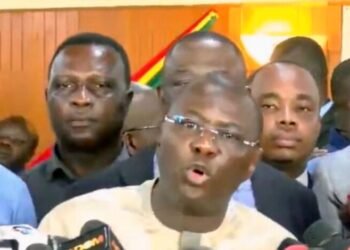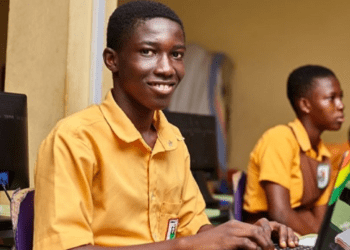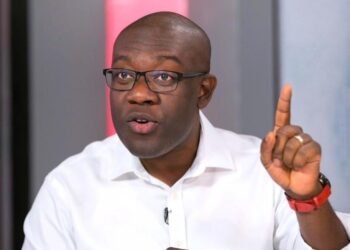Kofi Asare, the Executive Director of Eduwatch Africa, has raised concerns regarding the government’s decision to add GHC 170 million in free WASSCE fees for all students, regardless of their financial background.
He questioned the rationale behind this move, particularly given the government’s existing struggles to finance the Free SHS program amidst severe liquidity constraints.
Asare argued that this additional financial burden on the government could further strain resources and potentially cripple the operations of the West African Examinations Council (WAEC), a crucial institution responsible for conducting exams in the region.
“Prior to 2020 when free WASSCE was introduced, less than 1% of final-year students defaulted in paying their WASSCE fees.
“Today’s WASSCE fee is about GHC 400 per public candidate. That’s about GHC 140 cedis a year, should parents decide to pay small small till the final year”.
Kofi Asare
Asare further highlighted that WAEC is currently unable to produce the 2024 WASSCE results due to a significant debt of over GHC 100 million owed by the Government of Ghana.
He explained that this outstanding amount is necessary for WAEC to purchase the marking equipment required to grade the exams.
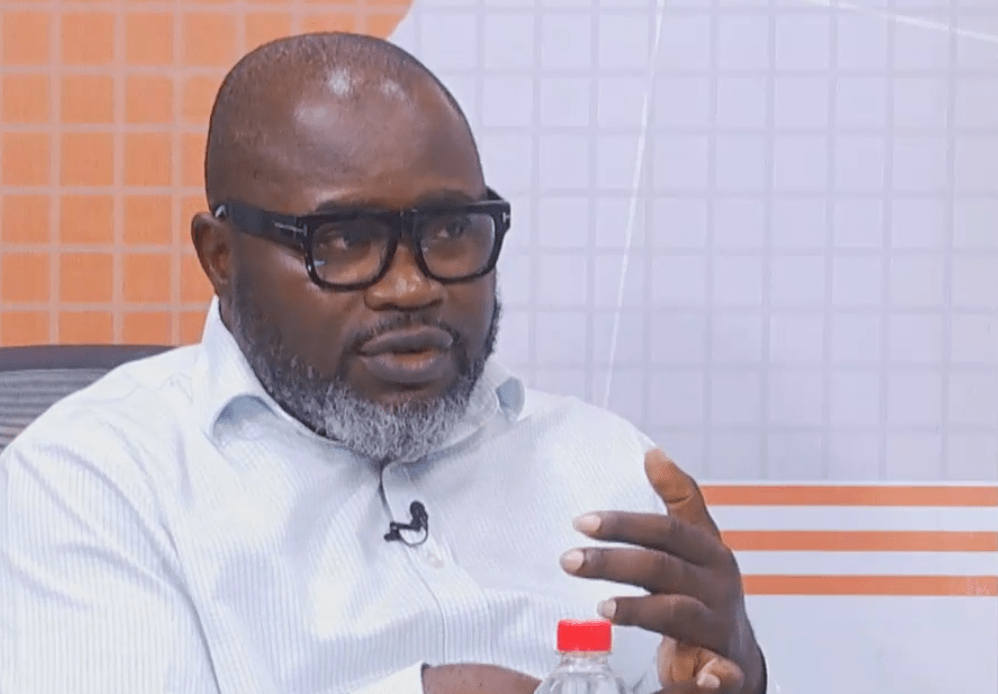
As a result, the delay in settling this debt has put the smooth operation of the examination process at risk, potentially affecting the timely release of results and creating further challenges for students, schools, and the broader education system.
Asare further emphasized that, since 2020, there has not been a single year where the debt owed to WAEC for the WASSCE exams has not become a significant public issue.
He noted that each year, the mounting financial obligations have attracted public attention, with WAEC struggling to meet its operational needs, including the payment for essential resources like marking equipment and other logistical support.
This recurring financial burden has not only strained WAEC’s capacity to effectively conduct the exams but has also created widespread concerns about the sustainability of the WASSCE system.
According to Asare, the impacts on students and the overall education sector cannot be understated. “This was not the case before [2020]”.
Asare Criticizes Blanket Free WASSCE Policy
Furthermore, Kofi Asare pointed out that as the government continues to accumulate debt with WAEC, the examination body’s ability to invest in credible and reliable assessments is increasingly compromised.
He called on the public to critically question the policy of offering everything for free to everyone, simply because a small portion of the population cannot afford it.
He emphasized the importance of targeting resources effectively, rather than adopting a blanket approach, to ensure that assistance reaches those who truly need it.

“Must everything be free for ALL even when you don’t have the means? Then why not add free transport fees for all-day students, since over 200k SHS students are day, spending cash on transport daily?
“BECE makes sense since the government pays for only public basic school children. However, the regular delayed payment is again problematic”.
Kofi Asare
Asare emphasized that if the government had unlimited funds to allocate, there would be little to no public criticism about providing free services.
However, the real issue lies in the government’s inability to sustain these initiatives due to limited financial resources.
The continuous expansion of free programs without considering the available budget puts immense strain on the country’s finances, ultimately affecting the quality and sustainability of such services.
This situation calls for more targeted approaches rather than blanket “freebies” for all, especially when the government faces significant financial constraints.
Asare pointed out that advocating for a targeted approach to social interventions should be a fundamental principle of social policy. “…but when you talk p3, you are an enemy of free SHS”.
READ ALSO: Somalia and Ethiopia Seal Historic Deal On Sea Access

